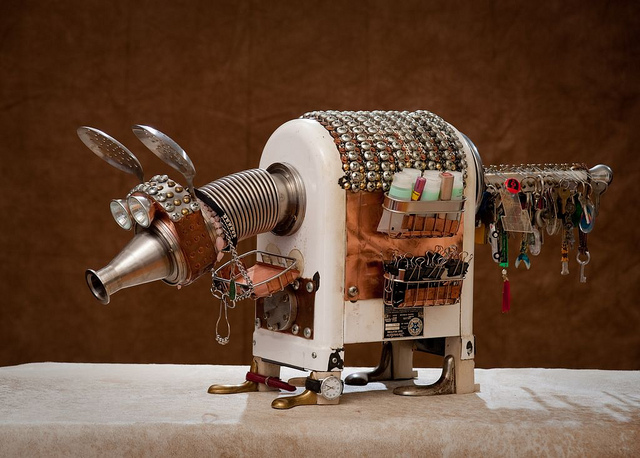Some Attempts at (Re)Definition: Plot
I have been thinking for a while about how our attempts to define craft terms influence our students’ (and our own) aesthetics, and I have wanted to try other definitions. The first post is here.
–
Plot:
acceptance or rejection of consequences
The way we typically teach plot—as a string of causally linked events rising out of character—is useful. It’s engaging to read. It’s suspenseful to think that what happens in one scene will affect what happens in a future scene. Not only that, but it means that things resonate between earlier causes and later effects, or earlier effects and later causes, etc. This idea of plot ensures that what happens in fiction matters, that each action is read with the possibility that it will have deeper consequences on the rest of the story. It’s especially helpful in teaching students how to think about fiction as more than a series of dramatic conversations or dramatic events but as a meaning-making object in which each action (like each word in a language) holds meaning because of its place in a chain of actions.
It seems E.M. Forster and Aristotle dominate the way we talk about plot. Aristotle famously put plot first in importance when writing a tragedy and gave plot a shape and a purpose, and Forster focused plot on causation and character (“The king died and then the queen died of grief” versus “The king died and then the queen died,” which is only a story). Aristotle put plot first because he wanted to complain about tragedians using plot as a way of stringing together various monologues and dialogues on a theme—he says an episodic plot is the worst. What happens has to follow as possible or probable from what has happened, and ultimately these things should come about because of the tragic flaw. This is Aristotle’s turn to character as the root of causation.
Forster too wants a plot to be causal. Again this is for reasons of meaning-making—Forster wants his reader to try to solve the mystery of how things fit together causally. As with Aristotle, this reasoning turns Forster to character and makes him say plot should be character-driven (“Incidence springs out of character”). What he really means is that the organization of time into causation is human. But this is a matter of perspective—I touch the window and it shatters and I think, my touch caused the window to shatter, when perhaps this was mere coincidence. Forster and Aristotle really have a problem with episodic plots not because they don’t work, but for moral reasons having to do with the project of the individual.
I used to read fiction for this very reason, as a child, to feel in control over a world that often felt out of control. To enter the books of my youth was to enter books in which the world was ordered around the individual at the center of the story. This is what you have when you have a character who walks through a door into a world that has been waiting for just his appearance. Fictional protagonists often have vast power, enough to save the world. The plots of these books support the idea that causation is not a matter of perspective but a matter of agency. I touched the window and it shattered because I have agency, not because this is how it appeared to me.
A string of causation in which the protagonist is the agent of change is fun to read, but it’s not the only thing that is fun to read. Why do we write fiction? This is the question I keep coming back to. Recently I introduced a friend’s reading and was asked to come up with questions for her. One question I asked was whether she had a theory of the novel. She did not, she said, unless what a novel is is a problem large enough to grapple with for five years. Afterward she reminded me that she had already told me she didn’t have a theory of the novel. We had been talking earlier that day about how Milan Kundera says a novel should represent a way of “being in the world,” giving the novel an existential definition. I like this theory because it combines both being and world. I had forgotten she didn’t have a theory because I still wanted to know how she ordered the world.
The character-driven causal plot represents a certain kind of world, a world in which being has as much or more control than world. Circumstances bend to the will of the protagonist, a sandbox or a reflection of his inner state or so on. It’s no mistake that most of the books I read as a kid were about well-off white children. Yet if a novel represents a way of being in the world, what world are we writing to represent? What does being in it look like? Why do we write fiction? There seems something dangerous to me about encouraging readers to desire control over the world. I want to provide one way of being in the world that I encounter: a world in which I have very little power except the ability to accept or reject consequences of my own and other people’s actions and of systems of power that require constant negotiation rather than the knocking-over of a careful line of dominoes.

